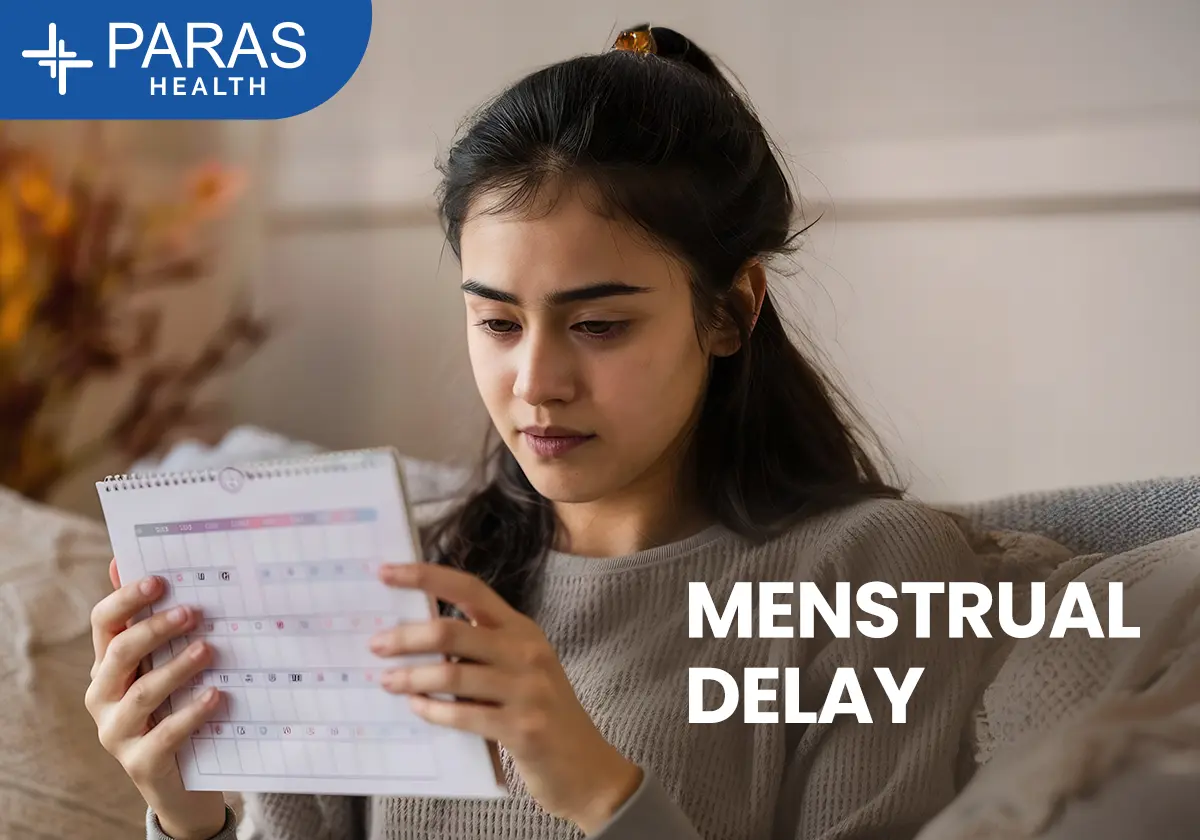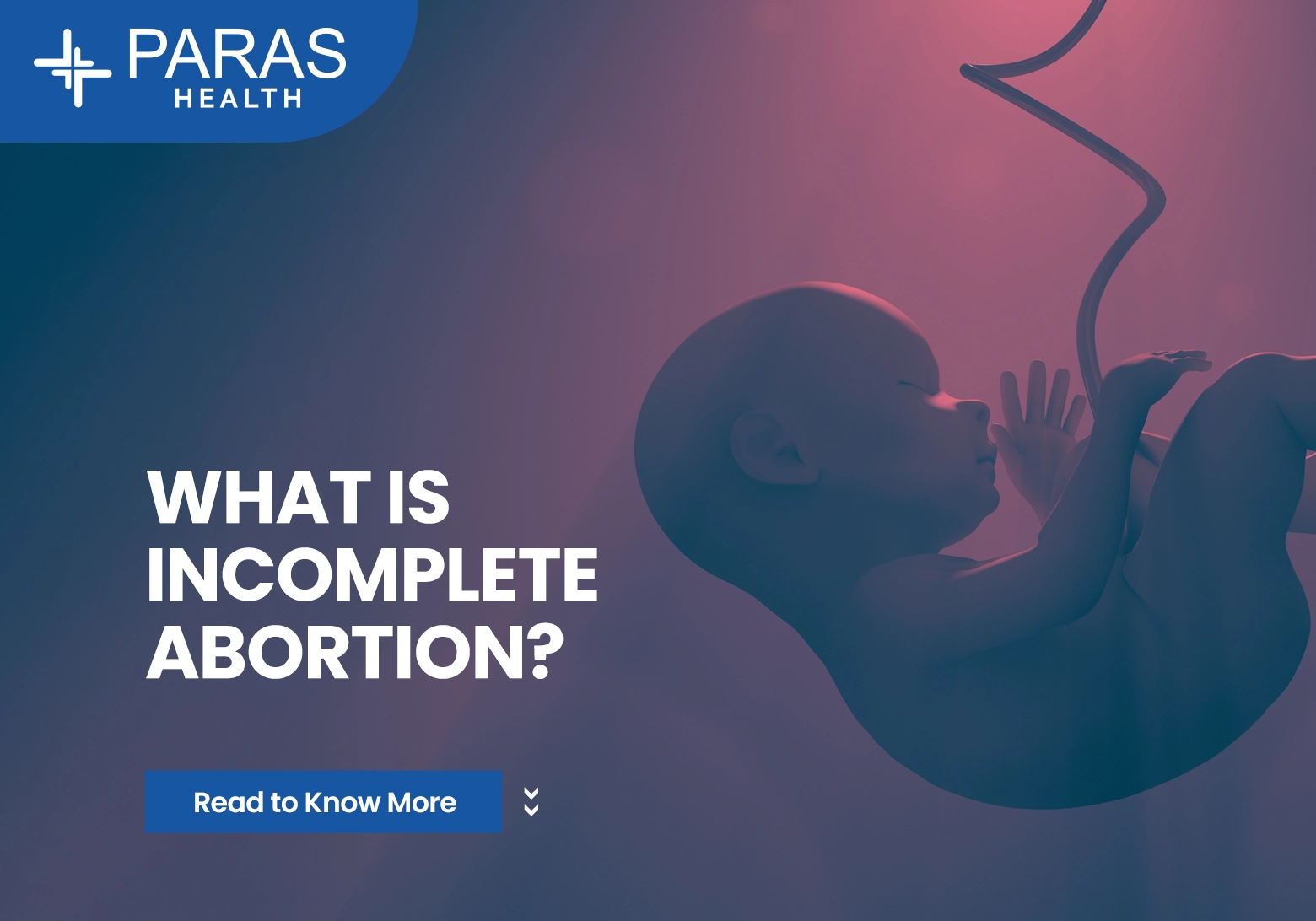10 Foods to Avoid During Pregnancy for a Healthy Baby
Apr 10, 2025
Hey there, mom-to-be! Pregnancy is such a wonderful journey, filled with joy, love, and a lot of curiosity — especially about food. With so many suggestions coming from family, friends, and the internet, it can get confusing to figure out what’s actually good for you and your baby. In India, pregnancy diet advice often mixes modern health tips with traditional beliefs, which can add to the confusion.
While eating healthy is important, knowing what not to eat during pregnancy is just as essential. Some foods that are normally fine can become risky when you’re expecting. The good news? Once you know what to avoid, it’s much easier to make safer choices every day.
In this blog, we’ll walk you through 10 common foods to avoid during pregnancy — explained in a simple, friendly way — so you can enjoy this beautiful phase with confidence and clarity.
Why You Need to Be Careful With Food During Pregnancy
When you’re pregnant, your immune system is naturally a little weaker to support the baby. This makes it easier for infections from certain foods to affect your health — and sometimes even reach the baby through the placenta.
Some foods may contain bacteria, parasites, chemicals, or toxins that can cause food poisoning, birth defects, or other complications. That’s why knowing what to avoid is a smart and important part of your pregnancy diet to ensure a safe, healthy pregnancy.
10 Foods to Avoid During Pregnancy
1. Fish High in Mercury
Fish is a great source of protein and healthy fats, but not all types are safe during pregnancy. Large fish like shark, swordfish, king mackerel, and tilefish often have high levels of mercury, a heavy metal that can harm your baby’s developing brain and nervous system.
Safer choices: Enjoy fish like salmon, rohu, catla, pomfret, or sardines 1–2 times a week. These varieties are nutritious and much lower in mercury, making them safer for your pregnancy diet.
2. Raw or Undercooked Eggs
Half-boiled eggs, homemade mayonnaise, and certain desserts might contain raw or partially cooked eggs, which can carry Salmonella bacteria. Consuming these can lead to food poisoning with symptoms like vomiting, diarrhea, and fever — not something you want to deal with when pregnant!
What to do instead: Always cook eggs until both the white and yolk are firm. Enjoy eggs hard-boiled, fully fried, or scrambled to ensure they’re safe. If you’re making dishes like mayonnaise or desserts, use pasteurized eggs or eggless recipes.
3. Unpasteurized Milk and Cheese
Drinking raw (unboiled) milk or eating cheeses made from unpasteurized milk can expose you to Listeria, a harmful bacteria. Listeria infections during pregnancy are dangerous because they can cause miscarriage, preterm labor, or other serious complications.
Tip: Always boil or pasteurize milk before drinking it. Opt for packaged dairy products labeled as pasteurized. Most hard cheeses like cheddar or Indian paneer (made from pasteurized milk) are safe. Avoid soft cheeses like Brie, Camembert, or blue cheese unless you’re sure they’re made from pasteurized milk.
4. Street Food and Chaats
Craving golgappas, samosas, or spicy chaat from the roadside stall? We know they taste amazing, but street foods are often made with untreated water, raw chutneys, or ingredients that sit uncovered — which may not be safe during pregnancy. Such foods can be breeding grounds for bacteria and parasites that cause diarrhea or other infections.
What to do instead: Satisfy your chaat cravings by making your favorite street snacks at home with clean, fresh ingredients. Ensure the water you use is filtered or boiled. Wash vegetables and fruits thoroughly, and it’s best to avoid raw items like uncooked chutneys, raw onions, or sprouts in your chaat during pregnancy.
5. Raw Papaya and Pineapple
Raw or semi-ripe papaya contains a substance called latex, which can trigger uterine contractions, especially in the early months of pregnancy. Pineapple is also often cautioned against in early pregnancy because it contains an enzyme called bromelain, which might soften the cervix if taken in large quantities.
Tip: Avoid raw papaya completely throughout pregnancy (ripe papaya is safer in moderation, especially in later trimesters). With pineapple, small amounts of fully ripe pineapple are likely okay in later pregnancy, but it’s best to check with your doctor if you’re unsure. When in doubt, choose other fruits like apples, bananas, or oranges which are always safe options.
6. Too Much Caffeine
Love your morning cup of chai or coffee? That’s okay — you don’t have to give it up entirely. However, too much caffeine during pregnancy isn’t good. Excessive caffeine has been linked to an increased risk of miscarriage and low birth weight, and it can even make your newborn fussy or sleepless after birth.
Safe limit: Keep your caffeine intake to under 200 mg per day. That’s roughly one cup of coffee or two small cups of tea in a day. Remember that caffeine is also in cola, energy drinks, and even chocolate. It’s wise to avoid energy drinks and limit sodas. If you need a pick-me-up, try healthier alternatives like a glass of milk, coconut water, or a fruit smoothie.
7. Raw Sprouts and Unwashed Greens
Sprouts like moong, chana, or alfalfa are nutritious, but eating them raw can be risky. They may carry bacteria such as E. coli or Salmonella from the cultivation process. Similarly, leafy greens (spinach, lettuce, coriander, etc.) can harbor harmful germs or pesticide residue if not washed properly.
What to do: Always wash all vegetables and greens under running water before cooking or eating. For sprouts, it’s best to cook them (steam or sauté) before adding to your meals or salads. Cooking kills harmful bacteria but keeps the nutrients intact. If you want crunch in your salad, opt for roasted seeds or nuts instead of raw sprouts.
8. Alcohol
It’s well-known that no amount of alcohol is considered safe during pregnancy. Even small amounts of wine, beer, or liquor can affect your baby’s growth and brain development. Drinking while pregnant may lead to Fetal Alcohol Syndrome, which causes lifelong learning and behavior problems for the child.
Best option: Avoid alcohol completely during pregnancy. If you’re looking for something festive or relaxing to drink, try alternatives like sparkling water with a slice of lemon, fresh coconut water, fruit juices, lemonade, or caffeine-free herbal teas. They’ll keep you hydrated without any risk to your baby.
9. Processed and Packaged Foods
It’s tempting to grab chips, instant noodles, cookies, or sugary drinks when you’re hit by hunger pangs. But processed and packaged snacks are loaded with preservatives, salt, sugar, and unhealthy fats. Regularly eating these can cause unnecessary weight gain and swelling (due to high salt), and increase the risk of gestational diabetes or high blood pressure during pregnancy.
Better options: Instead of junk food, choose wholesome snacks like:
- Roasted nuts (almonds, peanuts, cashews)
- Fresh fruits (apple, banana, oranges)
- Boiled corn (lightly salted or with butter for flavor)
- Poha (lightly seasoned flattened rice)
- Makhana (fox nuts, roasted with a pinch of salt and ghee)
These snacks are much healthier and more filling. Plus, they provide real nutrients and energy, not just empty calories.
10. Certain Herbal Remedies and Supplements
You might be tempted to try herbal tonics or ayurvedic supplements to boost energy, ease nausea, or improve digestion in pregnancy. However, not all “natural” remedies are safe for expecting mothers. Some herbs can cause contractions or interfere with the baby’s development. Remember, herbal doesn’t always mean harmless.
Examples to avoid:
- Aloe vera juice (can cause uterine contractions)
- Ashwagandha (often not recommended in pregnancy without doctor’s advice)
- Hing (Asafoetida) in large amounts (small amounts in cooking are okay, but high doses might trigger contractions)
- Strong herbal laxatives (can stimulate the uterus along with the bowels)
Tip: Always talk to your doctor before taking any herbal remedies or supplements during pregnancy — even those marketed for pregnant women. Stick to prenatal vitamins and prescriptions given by your healthcare provider, and use home remedies only if your doctor says they’re safe.
Consult Paras Health for a Healthy Pregnancy
Don’t wait — consult the specialists at Paras Health today for personalized pregnancy diet advice and healthy pregnancy tips. Call us at 8080808069 to book your appointment. We have expert teams ready to help you in state-of-the-art Paras Health centers across India, including Gurugram, Patna, Darbhanga, Panchkula, Ranchi, Udaipur, Srinagar, and Kanpur. Your health and your baby’s well-being are our top priority, and we’re here to support you at every step of your pregnancy journey.
FAQs: Foods to Avoid During Pregnancy
Can I eat street food during pregnancy?
It’s best to avoid street food, especially items like golgappa, chaat, or cut fruits sold in the open. They may be prepared in unhygienic conditions and can cause infections or food poisoning. If you really crave them, try making similar treats at home where you can ensure everything is clean and fresh.
Is it okay to drink tea or coffee while pregnant?
Yes, moderate tea or coffee is fine. Limit your caffeine intake to around 200 mg a day, which is about one cup of coffee or two small cups of tea. Avoid energy drinks and large servings of coffee. If possible, switch to decaf, herbal teas, or milk occasionally to reduce caffeine intake.
Why should I avoid raw papaya during pregnancy?
Raw papaya contains latex, which may trigger uterine contractions. This is why it should be avoided, especially in the first trimester when the risk of triggering a miscarriage is highest. Ripe papaya, on the other hand, has very little latex and can be eaten in moderation in later pregnancy, but always check with your doctor if you’re unsure.
Are all types of cheese unsafe during pregnancy?
Not all. The ones to avoid are unpasteurized and soft cheeses (like Brie, Camembert, feta, or blue cheese) because they can harbor harmful bacteria. Cheeses made from pasteurized milk, such as paneer, cheddar, mozzarella, or cottage cheese, are safe to eat. When in doubt, check the label — it should say “made from pasteurized milk.”
Can I eat fish during pregnancy?
Yes, you can and you should! Fish is a good lean protein. Just avoid fish with high mercury levels like king mackerel, shark, or swordfish. Safer options include rohu, catla, pomfret, salmon, and hilsa, which are commonly available in India and have lower mercury. Always cook fish well and enjoy it 1–2 times a week for those beneficial omega-3 fats.
What snacks are safe during pregnancy?
Healthy snack options include fruits, a handful of nuts, roasted makhana (fox nuts), boiled corn, yogurt, paneer tikka, whole-grain crackers, or homemade poha. Basically, go for snacks that are not heavily processed. They should ideally be low in added salt and sugar but high in nutrients and fiber to keep you satisfied.
Should I take herbal supplements or tonics during pregnancy?
Only if advised by your doctor. Some herbal supplements can be harmful during pregnancy, even if they’re marketed as natural remedies. Always consult your gynecologist before taking any supplement other than your prescribed prenatal vitamins. It’s better to rely on a balanced diet and doctor-recommended vitamins for nourishment.








.webp)

